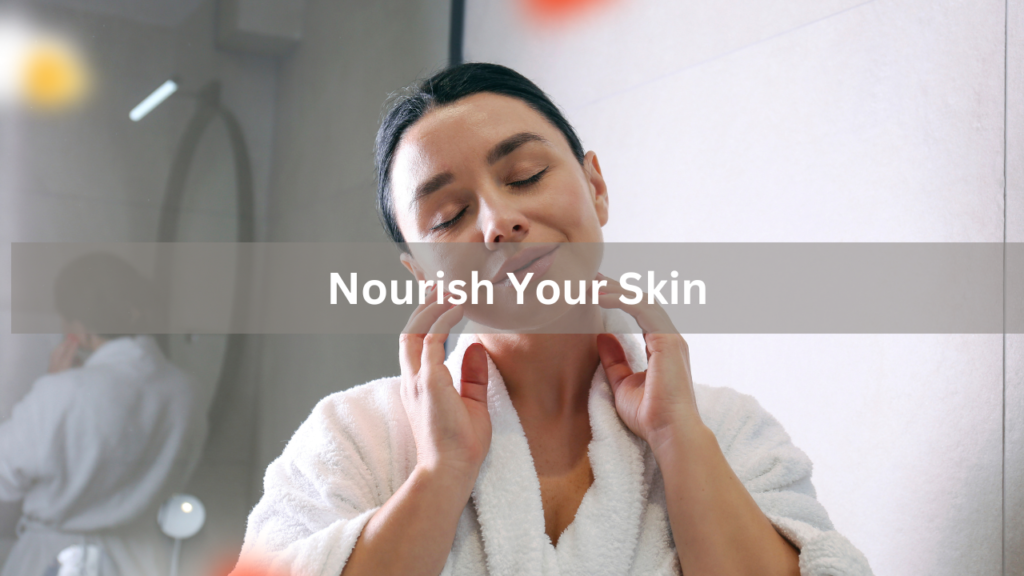
Your skin is not only the body’s largest organ but also one of the most visible indicators of your overall health. While skincare routines and topical products play a significant role in maintaining skin health, what you ingest can have a profound impact on the appearance and vitality of your skin. Understanding the connection between diet and skin health can help you make better nutritional choices to nourish your skin from the inside out.
The Skin-Diet Connection
The skin, like all organs, relies on essential nutrients to function properly. These nutrients help maintain the skin’s structure, elasticity, and hydration, as well as protect it from environmental damage. A balanced diet rich in vitamins, minerals, and antioxidants is crucial for healthy skin. Conversely, poor dietary choices can lead to various skin problems, such as acne, dryness, and premature aging.
Key Nutrients for Skin Health
- Vitamins:
- Vitamin C: Essential for collagen production, which gives skin its firmness and elasticity. Vitamin C is also a powerful antioxidant that helps protect the skin from free radical damage. Citrus fruits, strawberries, bell peppers, and broccoli are excellent sources.
- Vitamin E: Another potent antioxidant that helps protect skin cells from damage. It also aids in moisture retention and skin repair. Nuts, seeds, and leafy green vegetables are rich in vitamin E.
- Vitamin A: Crucial for skin cell production and repair. It helps maintain the skin’s moisture levels and promotes a healthy complexion. Carrots, sweet potatoes, and dark leafy greens are high in vitamin A.
- Minerals:
- Zinc: Vital for skin repair and the functioning of sebaceous glands, which produce oil to keep skin hydrated. Zinc also has anti-inflammatory properties that can help reduce acne. Foods high in zinc include meat, shellfish, legumes, and seeds.
- Selenium: Works as an antioxidant and helps protect the skin from UV damage. Selenium-rich foods include Brazil nuts, eggs, and fish.
- Fatty Acids:
- Omega-3 Fatty Acids: These essential fats help maintain the skin’s lipid barrier, keeping it hydrated and supple. They also reduce inflammation, which can benefit conditions like acne and psoriasis. Fatty fish like salmon, chia seeds, and walnuts are good sources of omega-3s.
- Antioxidants:
- Polyphenols: Found in a variety of foods like green tea, dark chocolate, and berries, polyphenols protect the skin from oxidative stress and inflammation.
- Beta-carotene: A type of antioxidant that the body converts into vitamin A. It’s found in carrots, sweet potatoes, and other brightly colored fruits and vegetables.
Hydration and Skin Health
Proper hydration is crucial for maintaining skin elasticity and preventing dryness. Drinking adequate amounts of water helps flush